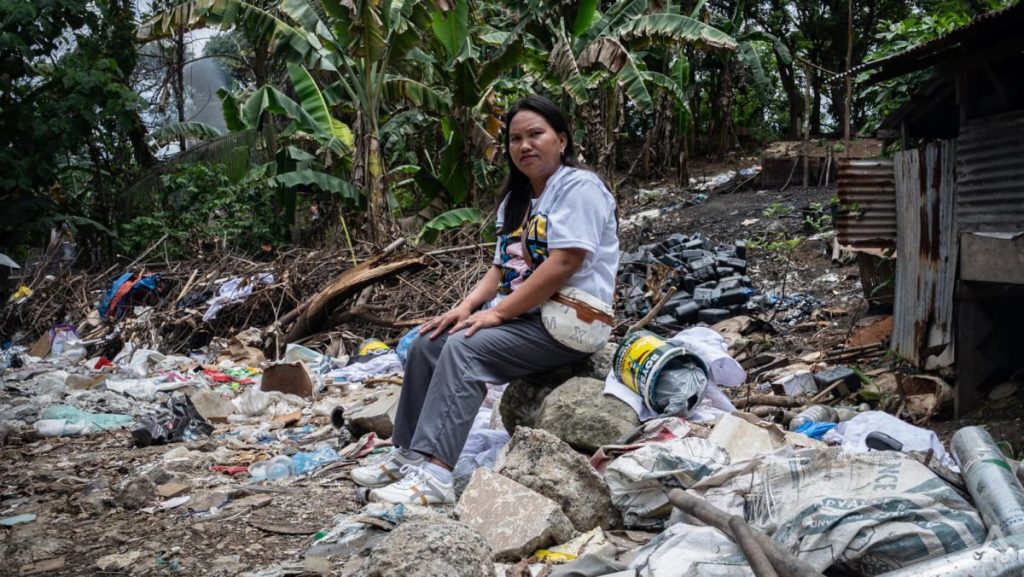Madam Gina Fabiano, a mother of five from the Philippines, made the difficult decision to leave her family behind to work as a domestic worker in Saudi Arabia due to financial difficulties caused by the unproductivity of their farmland and the opening of a nearby landfill in 2002. Along with her husband, they earned a meagre income as scavengers, sifting through rubbish looking for valuables to sell. Their income was not enough to provide for their children’s needs, and when Madam Fabiano’s mother passed away in 2016, she felt the responsibility of taking care of her younger siblings, pushing her to seek work abroad for better pay.
In 2016, Madam Fabiano seized the opportunity to work in Saudi Arabia, where she could earn US$400 a month, twice the minimum wage in the Philippines. Like many other Filipinos, she left her family behind to seek better opportunities abroad, even though it meant missing out on important moments in her children’s lives. Working overseas often comes with a high cost as it requires sacrificing time spent with loved ones, missing special occasions, and not being able to witness important milestones in their children’s lives.
However, for families like Madam Fabiano’s, working abroad was a necessity to provide for their loved ones and secure a better future. Many Filipinos from rural and impoverished areas found employment opportunities overseas when there were limited options in their home country. The decision to work abroad was a difficult one, but for many, it was a means to escape poverty and financial struggles, even if it meant enduring separation from their families for extended periods.
The number of Filipinos working abroad reached 2.1 million in 2016, according to data from the Philippines’ Department of Migrant Workers. This number fluctuated during the pandemic before rising to a new record of 2.3 million by 2023. The majority of overseas Filipino workers came from rural areas and impoverished urban neighbourhoods, where job opportunities were scarce, especially for those with limited educational qualifications like Madam Fabiano. Working abroad provided these individuals with a chance to earn more than they could in the Philippines, but it came with its own set of challenges and sacrifices.
For Madam Fabiano, working in Saudi Arabia meant not being able to care for her youngest daughter, who was just in kindergarten when she left. While she could provide for the child she looked after in Saudi, she felt the pain of not being there for her own children, missing out on precious moments and milestones in their lives. The emotional toll of being separated from her family was significant, and Madam Fabiano grappled with the guilt and longing that came with being so far away from her loved ones.
Despite the challenges and sacrifices, working abroad offered Filipinos like Madam Fabiano a means to support their families financially and provide them with a better future. While the decision to leave their families behind was a painful one, it was often driven by the desire to escape poverty and secure a better life for their loved ones. For many overseas Filipino workers, the hope of a brighter future for their families outweighed the hardships and sacrifices that came with living and working abroad.


